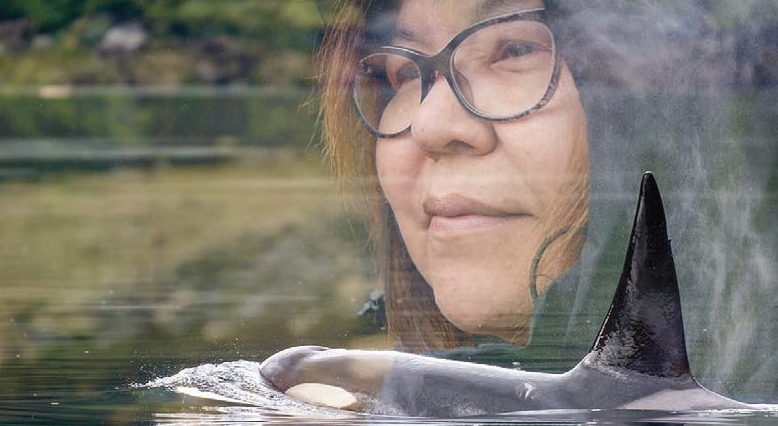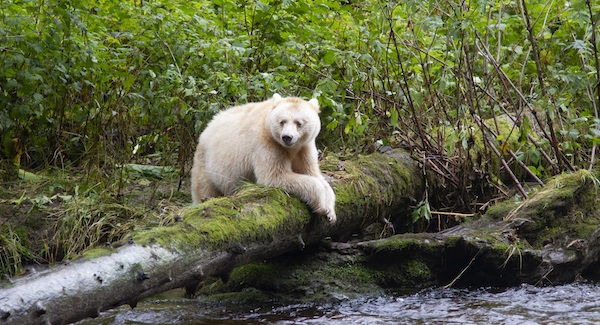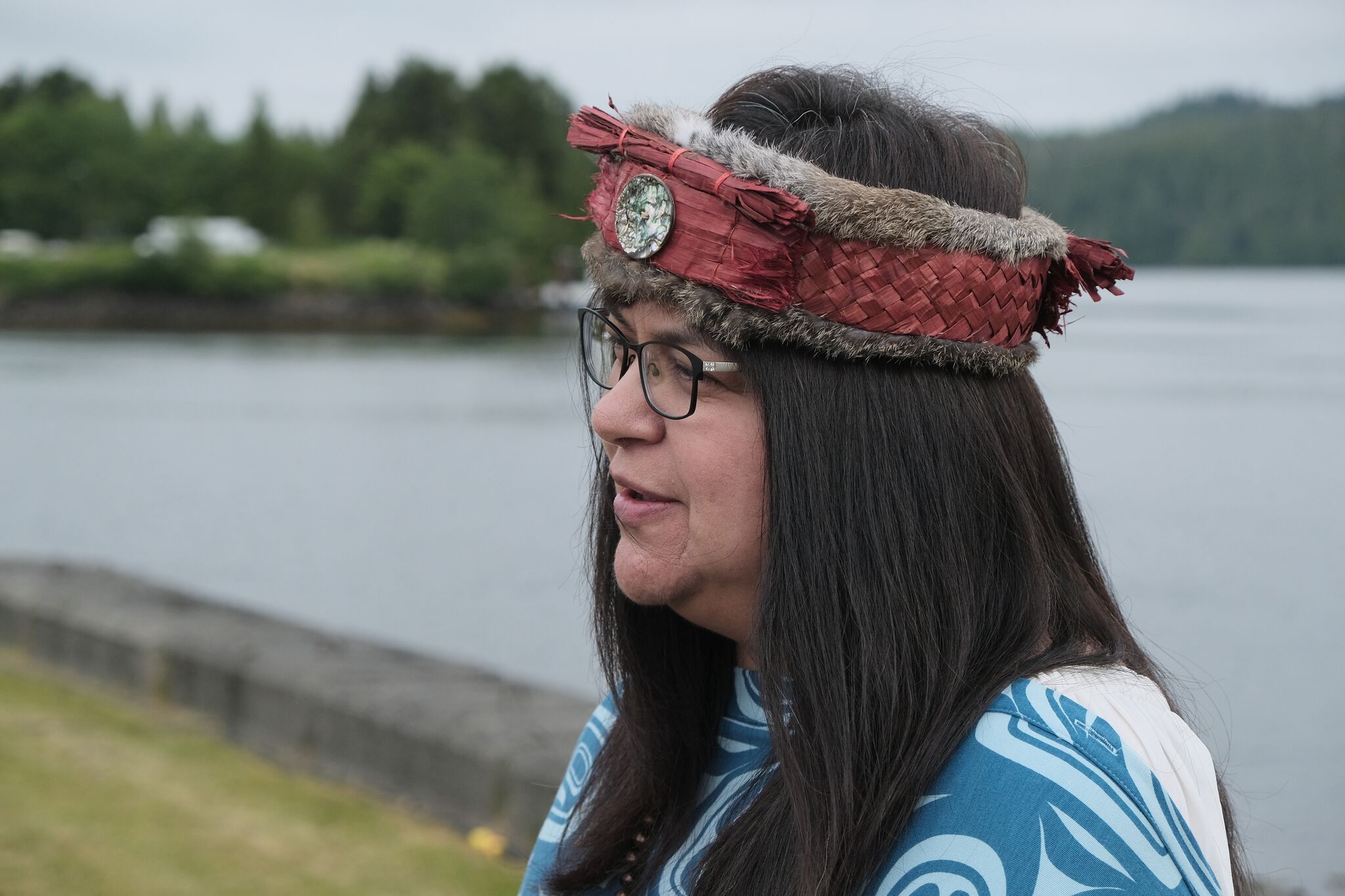The COVID-19 virus has triggered a global economic downturn and regional hardships, but Haíɫzaqv Climate Action Coordinator Leona Humchitt believes the world pandemic may also provide an opportunity to transform the future of her community.
“It was a global call for everyone to be still and even though people were locked down, it really amplified household
bonding with our families and afforded opportunities for reconnection to one another and our environment,” says
Humchitt. “It was, in part, a spiritual cleansing.”
“Now more than ever would be the perfect time for our people to pivot and look at creating green economies,” Humchitt believes. “And who better than First Nations people to do that – given that the cornerstone of our culture is based on sustainability.”
In 2019, the Haíɫzaqv were one of 15 out of 60 remote Indigenous nations across Canada to apply and be accepted
for the Indigenous Off-diesel Initiative (IODI). The IODI program – developed by Indigenous Clean Energy with Natural Resources Canada funding – provides monies and support for communities to reduce their diesel reliance.
In Phase 1 of the program, Humchitt participated in the 20/20 Catalyst Program, designed to help build capacity in the clean energy sector. She was appointed Heiltsuk Energy Champion and led a community driven energy plan, and clean energy project.
To encourage energy literacy, Humchitt also helped organize a three-day Heiltsuk Clean Energy Fair – unfortunately canceled due to COVID-19 – with community engagement activities, stakeholder meetings, school workshops and feasts.
“Creating energy literacy was our goal,” Humchitt explains. “The objectives we set included plans to take the Creator’s gifts – sun for solar, wind for wind farms, land and trees for biofuel and water for hydro – to generate a green and sustainable economy.”
Humchitt says Coastal First Nations complements IODI monies and capacity-building by funding her role in the CFN Climate Action Network. It also helped the Heiltsuk to commission a baseline energy study to inform community members how much money was being spent to heat homes and buildings, and power boats and vehicles – and the amount of greenhouse gas emissions that produced.
“It’s really important for us to know where we are, in order to make plans for where we want to go,” Humchitt points out. “That means ensuring community members share the same mindset about what clean and regenerative energy is, and how it aligns with the traditional values of our ancestors.”
Clean energy opportunities in Heiltsuk territory include a potential hydro upgrade to the power facility that feeds
electricity from Ocean Falls via submarine cables. A local stakeholder group has already retrofitted 40 homes with minisplit heat pumps and are set to install another 39 heat pumps with enhanced energy efficient technology.
Humchitt is also leading a feasibility study of “co-generative” power that would utilize biofuel of leftover sawdust or woodchips from a proposed new sawmill. The wood chip boiler would provide cleaner and cheaper energy to power a new mill and heat nearby homes or other buildings – and support local jobs.
Energy efficiency also means an expanded sawmill could supply local lumber needed for housing improvements and
capital projects over the next five years – a step toward building a stronger community. Humchitt refers to the words
of Heiltsuk Hereditary Chief Frank Brown, “Our homes are like lenses to the outside world. If we are looking through broken homes, it limits our hope for a healthy future.”
With a second wave of COVID-19 predicted, Humchitt says it’s also important to seize opportunities to implement sustainable economic diversification. “Our right to harvest and sell herring roe on kelp was suspended due to COVID-19. It’s our Nation’s main economic driver, and the losses we’ve felt this year already translate to $7-9 million in our local economy.”
“The most important steps we need to undertake is to heal from inter-generational trauma and to build capacity with our people,” she says. “We need to pivot to our forestry, and sustainable fishing/aquaculture and tourism sectors, to create jobs and build capacity.”
“Building local capacity will support a giant step toward Heiltsuk sovereignty and our incremental approach to self-governance for our children’s tomorrows.”


